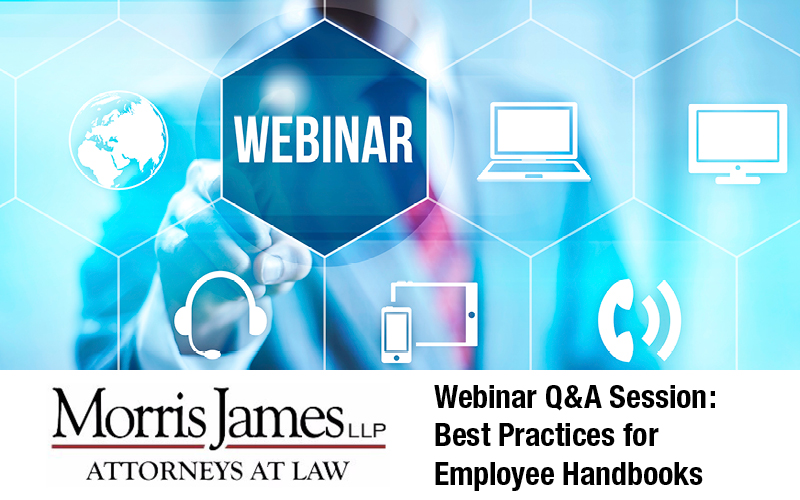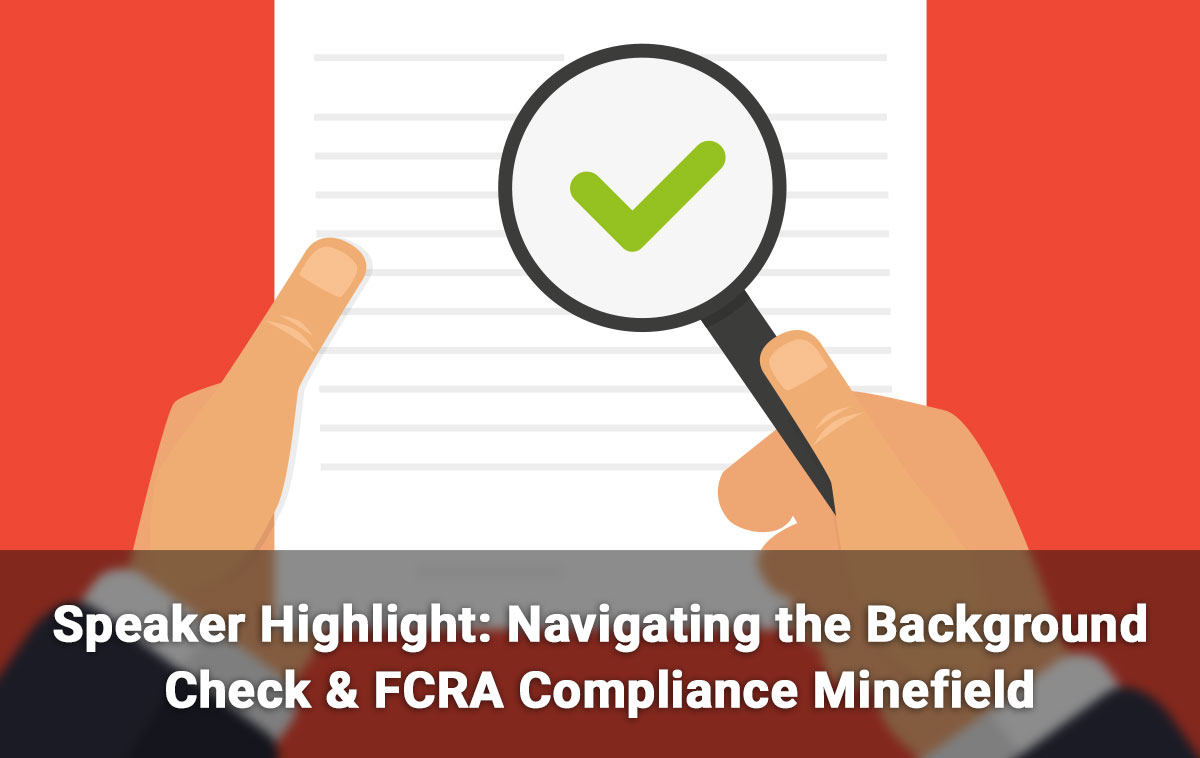Webinar Q and A: Best Practices for Employee Handbooks
First Healthcare Compliance hosted an informative webinar, “Best Practices for Employee Handbooks” with Allyson Britton DiRocco, Esq. of Morris James, LLP. To get helpful tips regarding the content of Employee Handbooks, click here to view the webinar.
For employers and employees, Allyson provides the latest update to the Fair Labor Standards Act Overtime Exemption Rule and answers commonly asked questions regarding Employee Handbooks.
Q: What is the current status of the Fair Labor Standards Act Overtime Exemption Rule?
A: The new rule was set to go into effect on December 1, 2016; however, litigation ensued, and there is an injunction in place. So, the new rule did not go into effect. There is an appeal pending in the United States Court of Appeals for the Fifth Circuit, and briefs are due at the end of June 2017.
Q: What should employers be doing now in light of the current status of the Fair Labor Standards Act Overtime Exemption Rule?
A: Employers should continue following the current rule, but be prepared in the event the new rule goes into effect in the near future. Best practice is to include a provision concerning Overtime in the Employee Handbook and require employees to have management approval before working overtime. Additionally, it is best practice to require employees to attest that their timesheets are accurate and reflect all of the hours they worked.
Q: If an employee asks for an accommodation, does the employer have to provide that accommodation?
A: Not always; however, the employer needs to engage in the interactive process with the employee if an employee requests an accommodation. Best practice is to include a provision in an Employee Handbook informing employees who to contact within the company if there is a request for an accommodation and to document the request. Additionally, it is recommended for the employer to include the essential functions of each position in the job description, which will assist in making a determination concerning a reasonable accommodation.







